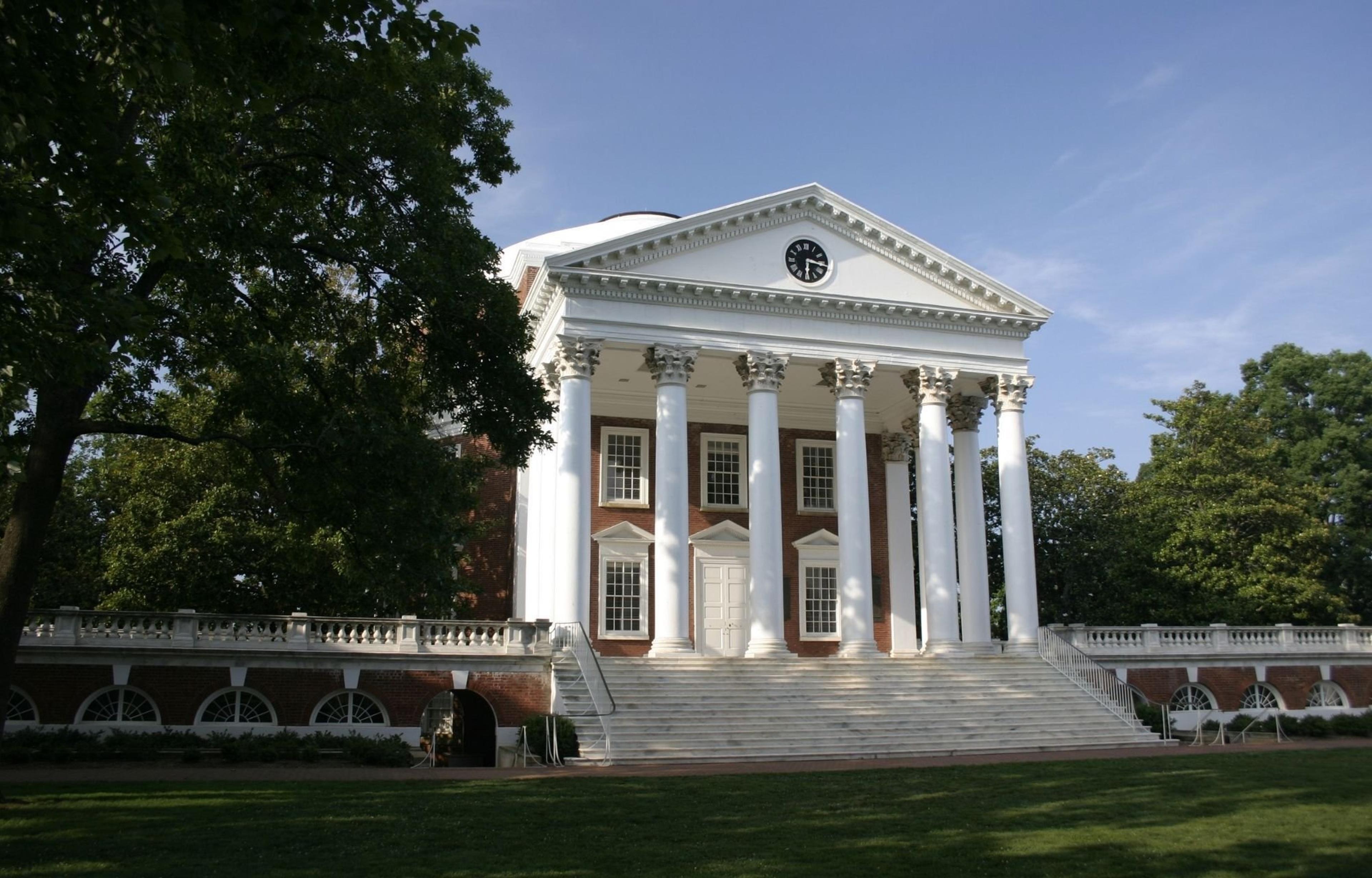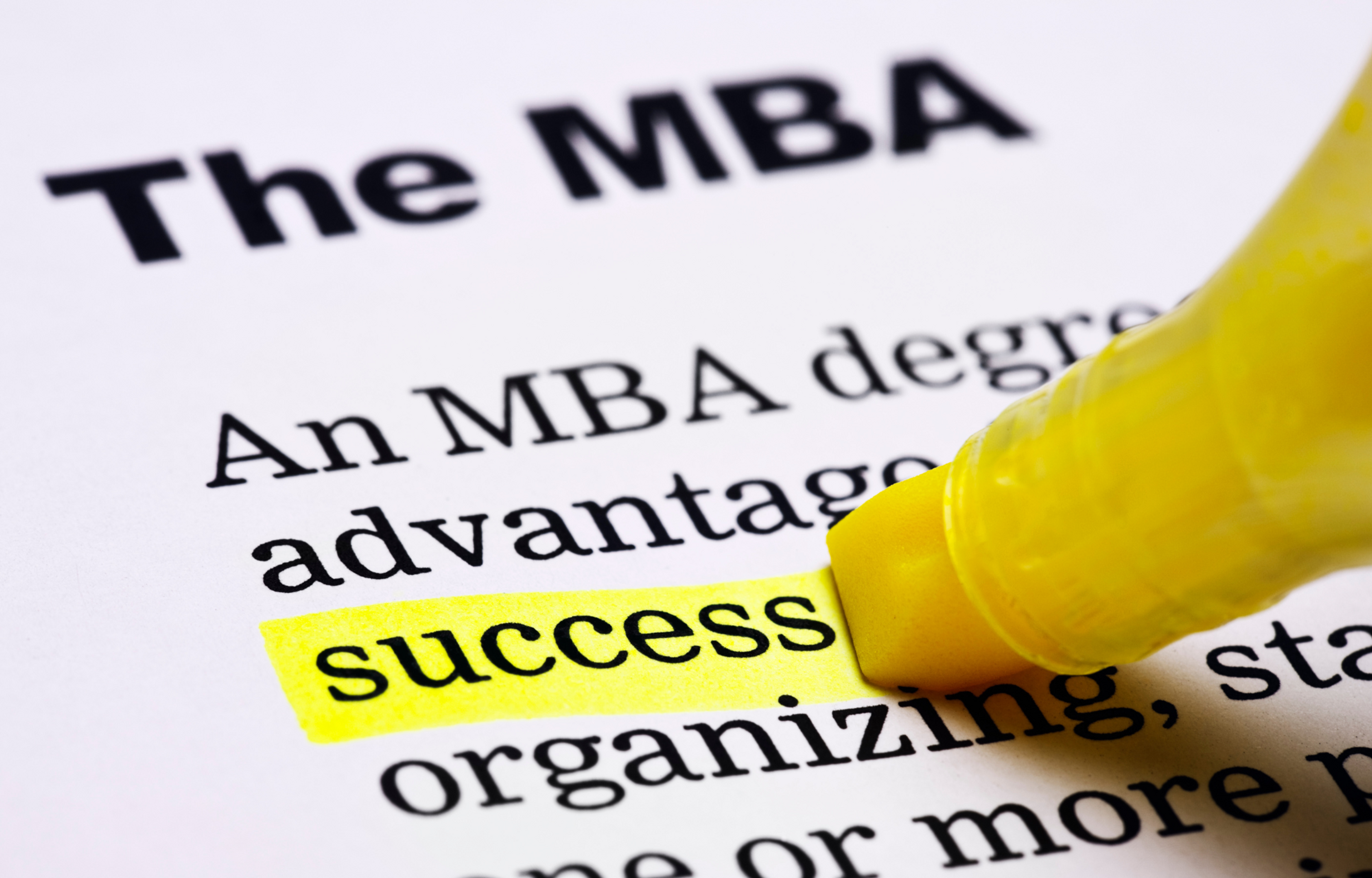
Table of Contents
Free Event

Featuring Melanie E.
How to Get a Head Start on Your MBA Application
Starting Wednesday, April 16
10:00 PM UTC · 60 minutes

Featuring Melanie E.
Hi, I’m Sierra C., a Leland MBA coach. Getting an MBA was one of the most formative professional and personal decisions of my life. I went to the University of Virginia (UVA) for my undergrad, and graduated at age 19 with a degree in English Literature. At that age, I had a limited skillset for a role in the corporate world.
So, I was a barista in Seattle, a receptionist, and an executive assistant before heading back to Virginia to pursue my teen self’s passion for horse riding. When that was an utter flop (great hobby, not the profession for me), I took my executive assistant skills to Bank of America in Charlotte, NC. Six and a half years and four roles later, I was in the Sports & Sponsorship Marketing department working as a Program Manager doing very glamorous things.
I looked at my settled life, wonderful friends, and quaint house and thought, “Wow, I could blink and still be doing this in 20 years.” It wasn’t bad, it was actually really good. It just wasn’t….An Adventure. I wanted more. So, I started looking for some kind of transformative experience. Except I didn’t call it that at the time, because I hadn’t been to business school yet.
Getting to the MBA Program
I heard from a friend that Darden had a great MBA program and that put graduate school on my radar. For context, I was considering joining an artist residency program in New Mexico to become a painter. Also, I almost flunked Trigonometry in high school and avoided math classes in college.
Research revealed local Darden alumni were 11/10 enthusiastic about their experience there. I visited the school, attended a case-based class, and loved it. [*Cue montage scene: GMAT studying, essays, recommendations, GMAT, terrible score, applied anyway.] Sad trumpet sounds: waitlisted. Then the Admissions office reached out and asked me to retake the GMAT. This is code for “retake the test, score higher.” Hope anew! I retook it and scored slightly higher on verbal but exactly the same on quant. I put the slightly higher score in the mail with all the hope I had. Sat full orchestra sounds: I received a “Thanks-but-no-thanks, you’re still on the waiting list.”
I moved on from the idea and kept searching for An Adventure. Weeks later on a business trip on a beautiful day in San Francisco, my phone rang with a Charlottesville prefix.
“If we were to offer you admission to the Class of 2011, would you accept? By the way, class starts in 2.5 weeks.”
“Um…. yes?”
“Great. Where shall we send the paperwork for signature? Welcome to the Darden Class of 2011.”
Disbelief. They must’ve gotten to the very, very, very, VERY end of the waiting list to call me with my limp noodle GMAT score (limp on quantitative only; I was in the 99th percentile on verbal, thank you very much). With only days until class started, I kicked into planning mode. With a few very expensive student loans, a parcel of costly logistics, and still no college-level math experience, I was on my way to Virginia.
Post-MBA Transition Advice
At Darden, I was a student blogger, tasked with bringing the student experience to life through words. Blogging was cathartic and rarely seemed like extra work to me. There weren’t any “Post-MBA Perspectives” blogs out there, or not many I could find at the time. I wondered why. Doesn’t everyone crave knowing What Happens Next, How Does It Feel, and What Should I Know Ahead of Time?
Here are a few things to know about transitioning back from business school to a full-time job:
- Your hiring company, even if they have an MBA-specific leadership program, may also be full of co-workers who resent you for the special program, treatment, and/or compensation. This is okay, and only natural when you consider the perspective of industry veterans vs. fresh-outta-school-but-look-at-my-spreadsheet-the-company-is-sending-me-to-Brazil-because-I’m-in-a-program-haven’t-you-been-to-Brazil-too? The question is how you can manage it with humility and a learning spirit, which I recommend trying to do.
- The transition can be rough, especially if you were very happy at your MBA program. The business environment, no matter what you choose, will be very different.
- Don’t talk about “b-school” or “my MBA program” very much. It’s somewhat obnoxious. Look for other ways to frame the same comment. Instead of “Well, in b-school we did XYZ…” just say, “Interesting, tell me more about the technique, I’d love to learn from you.”
- It will be exhausting in a totally different way than business school is
- Know that the unchanging factor in every career, every workplace, every classroom, and every interaction is humans. If you choose to neglect your professional development skills by connecting with, collaborating with, generating respect for, and learning from other humans, no fancy degree or top MBA program can offset that. Cultivate compassion towards yourself and others, especially in periods of transition.
The Job Hunt
Well, I thought I required glamour, darling. Yes, glamour with the “u”, not just regular old glamor. My criteria in addition to glamour were fairly simple: CPG brand management, at a Big But Not Boring Brand, not related to food, and not based in New York City. This led me to alcohol brand management, naturally. My job search was networking-based because major alcohol brands didn’t recruit directly from Darden. I Followed The Rules and Trusted The Process. My networking log was fiercely maintained, and I did that awful, terrible, yet necessary thing where you call lists of recommended, recent alumni likely to take pity on your clumsy-baby-giraffe networking skills.
Forty-two awkward phone calls later, three things happened. First, I began to identify as an awkward person. Second, Betsy, a star General Mills brand manager, told me pointedly while doing laundry in the background, that my “story” would never succeed unless I could convey that each and every transition on my resume was intentional. She said I needed to help the listener understand I was a goal machine–setting goals and achieving them time after time.
“Even if I’m not? I said.”
“Aren’t you though?” she said. “Who else was in charge if not you? Didn’t you have intentions in every role you took?”
To this day, when a candidate I’m interviewing or coaching tells me they “fell into” something or “lucked up,” I cringe and give them the same advice. No hiring manager wants to hear about someone bumbling through the career labyrinth aimlessly bouncing off the walls until they turn a corner, fall down a well, and land in a desk chair, even if that’s how it felt at the time.
I upgraded my story to feature intentional transitions and owned the awkward, and it got a lot easier. My forty-third cold call was to a woman named Booker, who had been the Darden VP of Social, like me (read: event planner with the biggest budget of any student organization, recipient of all complaints about said events when anything was the wrong temperature–be it beer or broccoli–and perpetual clean-up-crew member). She was magnificently confident and cut to the chase. She listened to my story, asked me a few careful questions to assess fit, told me she knew the MBA program lead well, and would get my resume to the top of the pile. This is the stuff of second-year MBA job hunt legends.
That’s how, after intentionally targeting the alcohol industry for CPG brand management and conducting a vigorous cold-calling campaign, I landed the interview for Anheuser-Busch’s InBev Global MBA Leadership Program. My years in banking must’ve primed me for beer, because I nailed enough interviews (plural) to receive an offer for a summer internship.
The decision to return to Anheuser-Busch InBev full-time as a Brand Associate in their MBA Leadership Program was easy. My summer was great, I liked the people, and it was glamorous enough to satisfy my requirement at the time. Importantly, they had an annual tuition reimbursement bonus for the first three years. I graduated with $156k in debt and the tuition reimbursement bonus was a big part of accepting the offer. It didn’t cover anywhere close to the full $156k, but I wasn’t in a position to refuse any chunks of money large or small.
Since Darden, I’ve had around ten full-time roles, four of which were in the Anheuser-Busch InBev MBA Leadership Program. Each of the ten was interesting in some ways and tedious in others. For the first three years, I worked two to four nights a week. Eventually, I left big CPG and went to smaller environments where working nights to keep up was not an expectation for success.
Advice For Those Considering an MBA
My career thus far has been surprising, frustrating, immersive, too boring, and too exciting. It’s also been peppered with risks, disappointments, delights, and really wonderful people. I bring the business/general management perspective gained from my MBA to every role, and in most cases, that’s expected when people see MBA on my resume.
When people ask me about getting an MBA, my advice is consistent:
1. Go full-time.
Give yourself the luxury and latitude to spend time learning. Also, as a full-time student, you will participate in the most structured recruiting and likely higher compensation job opportunities as a result. I’ve heard horror stories of people who do a part-time MBA only for their company to tell them, “That’s lovely, here’s a 2% raise like everyone else despite your new qualification.”
2. Go to the best school you get into that also feels right and good to you.
A girlfriend of mine in Texas told me her MBA program was “traumatic” and another friend told me theirs was “uninspiring.” One of my Darden classmates was in his first day of classes at Duke when Darden called and asked him if he’d like to join our class. He said yes, and left Duke behind, with few regrets (even though it’s a great program, he just felt better at Darden). If you're going to spend ~18 months of your life learning, give yourself the benefit of doing it in an environment you like and that feels good to you. Why spend the time and money otherwise?
3. Do it in debt if you have to.
Yes, a full-time program is 2 years away from the workforce. Yes, student loans are really not fun. But they’re also a bet on yourself, which is the absolute smartest bet you can make. You’re also betting on the school’s reputation (see number two above) to help give you every opportunity to be a high-earner when you graduate.
4. Do not go directly after undergrad.
As ridiculously smart as you may be, you will likely not have the context to fully appreciate the experience and teachings. Some schools, like Darden, even require work experience pre-MBA.
5. Score high.
Have a plan to score really, really well on the standardized tests. Do this the first time.
6. Don’t apply alone.
If Leland had existed when I was applying, finding the right coach would have saved me oodles of anxiety and application rework time.
Where Can I Start?
With coaching! If you’d like to work with me on any part of the MBA application process, go to my profile and book a free intro call to get started. As a coach, my superpower is helping you articulate why you're a fascinating, wonderful human being. Together, we'll uncover your strengths, figure out how best to showcase them, and put forward a dynamite application.
Final Note
Leland provides you with the content, community, and coaching that you need to get into your dream MBA program and accomplish other ambitious goals. Sign up today to gain access to additional free resources, community events, small group classes, world-class coaching, and more.


















